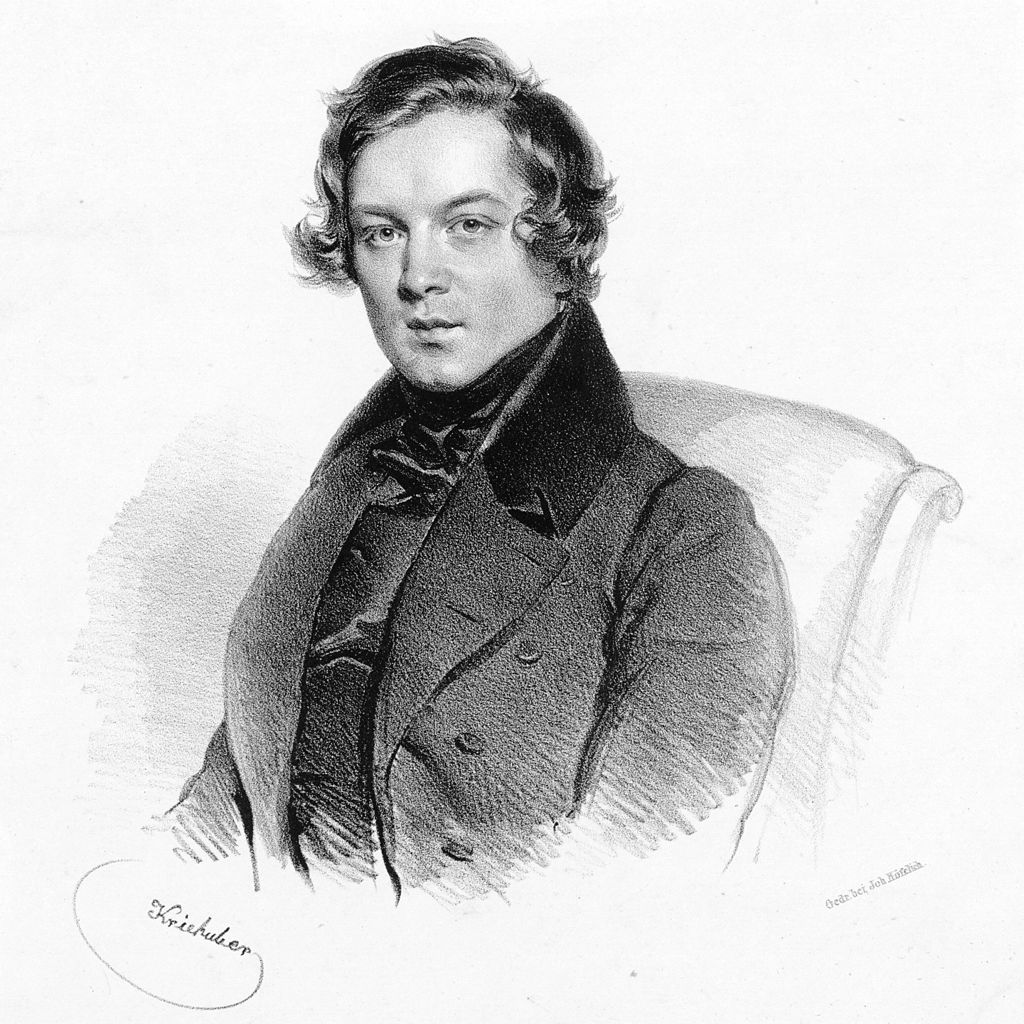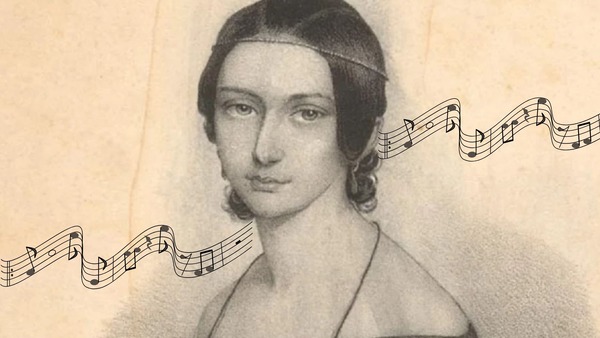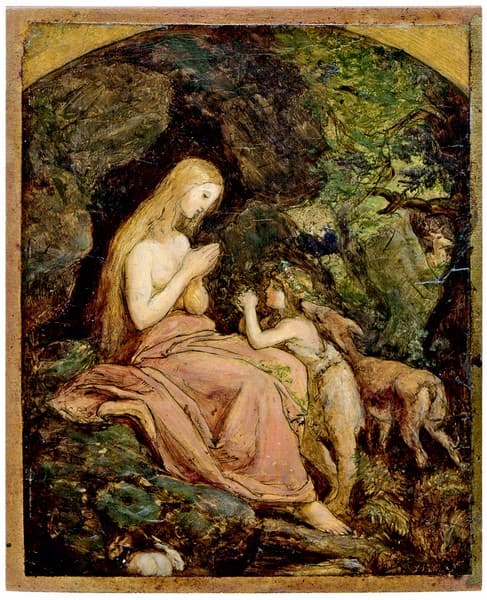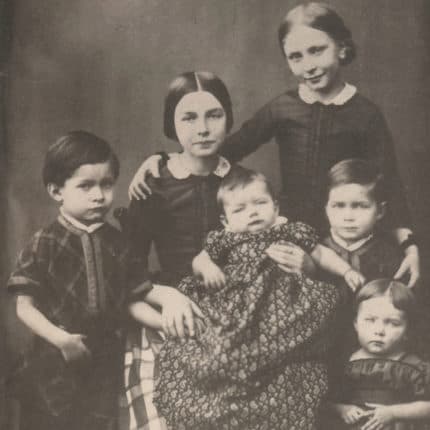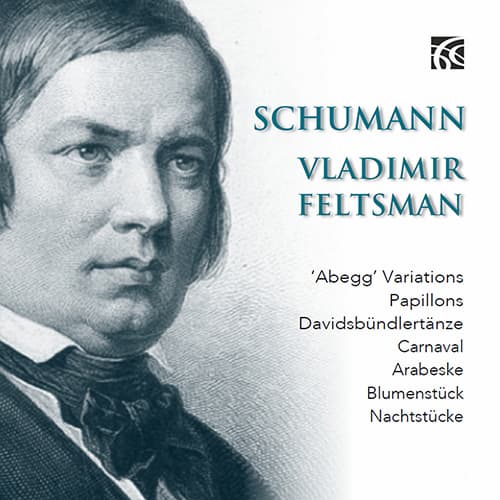Robert Schumann was born in the town of Zwickau in present-day Germany in 1810. Along with his wife, the great pianist and composer Clara Schumann, he went on to become one of the leading figures of Romantic Era music. Here
Schumann
Robert Schumann (1810–1856) made wide use of imaginary characters, which he imbued with distinctive characteristics, to extend the meaning of his piano works. His most famous, of course, are Florestan and Eusebius, who stood for the two sides of his
Pianist and composer Clara Schumann was one of the most influential musicians of her generation. One of the ways we can measure that influence is by looking at the many works that were dedicated to her by her colleagues. Going
Premiered at the Stadtteater in Leipzig on 25 June 1850, Robert Schumann’s (1810-1856) four-act opera Genoveva elicited a strong response from Richard Wagner. “Schumann is a strange man,” he writes, “who has no sense of melody, and his opera Genoveva
The love story of Robert and Clara Schumann is one of the most famous in classical music history. Over the course of their marriage, Clara carried eight pregnancies to term. Today we’re looking at the remarkable stories of those children,
Roses are gorgeously beautiful flowers, and they are associated with romantic love and beauty. And as far back as I can remember, which isn’t really all that long, the rose has been one of the most recognized symbols of Valentine’s
Throughout the 19th century, the Rhine was an important symbol in German nationalism. It played a major role in the formation of the German state and spawned wide-ranging cultural symbolisms, including legends, poetry, and musical metaphors. Robert Schumann discovered the
A composer’s first published works are often interesting discoveries: what did they want to publish with their name on it? How did they want to attract attention? In this new recording by Vladimir Feltsman, we get to explore the first

